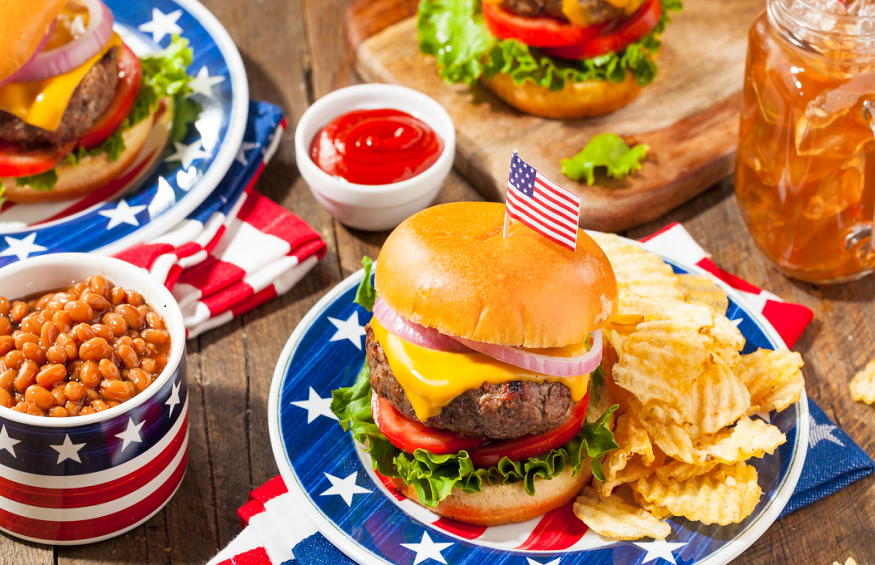The food we eat replenishes the body, and that means when we eat a well-balanced meal, our bodies get strong physically, mentally, and emotionally. A satisfied person will always have the energy to conquer battles of the mind, perform physical duties, and such. That’s why you have to always keep a good diet for ultimate performance.
However, you may eat a balanced diet, but if the food is not clean or well stored, you may end up with foodborne illnesses, some of which are very costly to treat.
But there are ways to keep off such illnesses
Washing your hands
A great way of ensuring personal hygiene and preventing food-borne diseases is by washing hands. Your hands are everything; they hold everything, including surfaces; you use the same to shake hands and sometimes with people that carry some disease-causing bacteria. Research has shown that over 80% of food-borne diseases can be prevented by washing hands.
Clean hands before handling food, before and after touching raw meat, after handling garbage, after sneezing or coughing; the list is inexhaustible.
Handle raw animal products carefully.
Improper handling of meat and other animal products is a leading cause of infections and food-borne diseases. Raw meat, for example, should not be washed using water. If there are diseases causing microorganisms, they could quickly spread to other surfaces, leading to cross-contamination. That increases the risk of food-borne illnesses. Don’t allow any surface that has handled raw meat to touch other surfaces or foods.
Again, when thawing frozen meat or poultry products, use the proper thawing techniques to help prevent bacteria spread. Use techniques approved by the FDA include:
- Place the food in a refrigerator in advance.
- Wash it under running water.
- Thawing it with the microwave.
Don’t remove food from the fridge and allow it to cool for long under room temperature. That will attract disease-causing microorganisms.
Clean and sanitize your utensils
One of the cheapest and sure ways of preventing foodborne illnesses is by cleaning utensils with some foamy water, rinse and sanitize. The surfaces you touch and where you place food should always be clean and dried. Any spills of water, milk, and such should be wiped dry immediately. When cleaning, you remove pathogens and dirt using soap and water. Sanitizing keeps off the bacteria from the food, ensuring you and your loved ones don’t get sick.
When working on a station, you should do so for at most four hours and then clean and sanitize it.
Use food before the expiry.
When food is packaged, it has a time limit after which it expires. Expiry means that it’s prone to loads of pathogens, and the smell and taste change. Therefore after the printed expiry date, it’s hazardous to eat the food.
Keep your animals away.
Animals are known to be notorious carriers of disease-causing pathogens. They can easily contaminate your food, and therefore you’ve to keep them off from food preparation areas. Your pets should always be cleaned and treated, and make sure that they don’t come near food contact areas.
Food-borne illnesses are pretty notorious, and to keep your family free from such diseases, you must embrace foodborne illness prevention strategies that uphold high hygiene standards. Clean your hands often and dry all the food handling surfaces to minimize bacteria spread.




